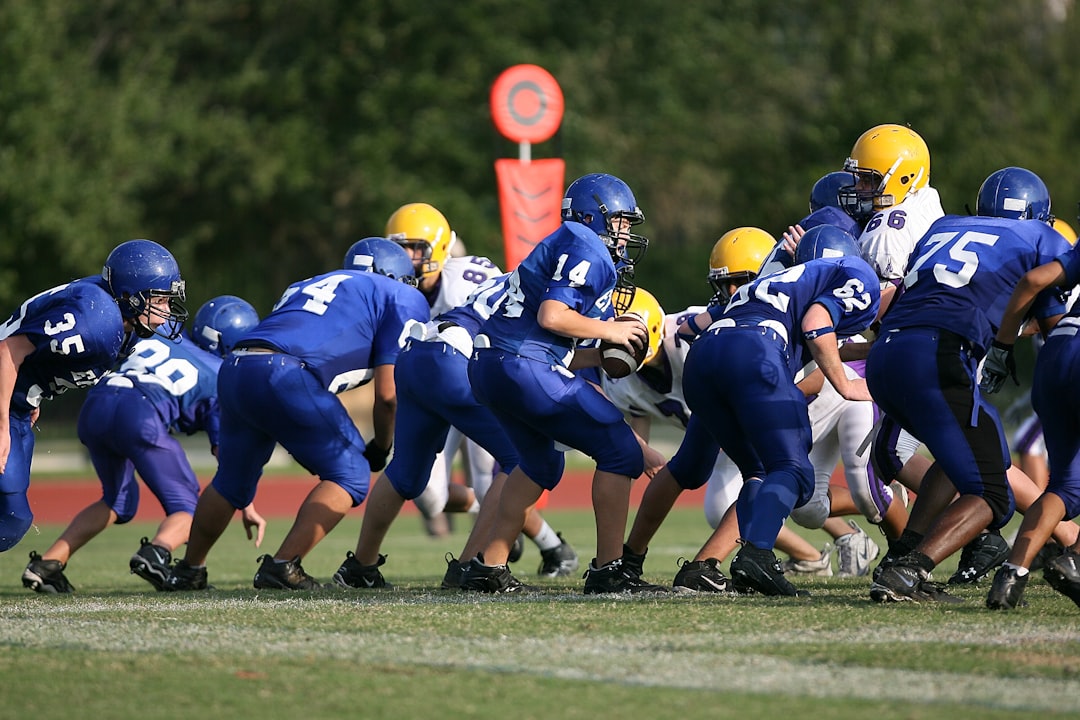In the world of football, much of the spotlight is placed on the players actively gracing the pitch — scoring goals, crafting assists, and defending leads. However, lurking just outside the touchline is a critical component of every team’s structure: the bench. Often overlooked by casual fans, the football bench plays a pivotal role for both players and coaches. It serves as the strategic backbone of a match and can make the difference between victory and defeat through tactical substitutions, injury cover, and team morale.
The Composition of the Bench
The number of players allowed on the bench varies depending on the competition. For example, FIFA tournaments typically allow up to 12 substitutes, while league rules vary. Regardless of the numbers, managers are tasked with a delicate balancing act — deciding which players to start and which to place on the bench. This decision involves assessing player fitness, form, opposition tactics, and training performance.
Typical bench compositions include:
- A backup goalkeeper – Essential for covering injuries or red cards to the starting keeper.
- Defenders and midfielders – Offering tactical flexibility during the game.
- Forwards or strikers – Ready to inject energy or chase goals when needed.
- Utility players – Versatile individuals who can cover multiple positions, adding strategic value.
What It Means for Players
For players, the bench can be a source of frustration or an opportunity. Being benched often stirs feelings of disappointment or self-doubt, especially for individuals accustomed to being starters. However, being on the bench isn’t merely a demotion — it’s part of a team’s broader strategy. Coaches may opt to “rest” certain players to conserve energy, protect them from injury, or to utilize them as supersubs who can change the game’s momentum late in the match.
Key considerations regarding the bench for players include:
- Maintaining readiness – Bench players must remain physically and mentally prepared to be called upon immediately.
- Building resilience – Dealing with limited playtime helps fortify mental toughness and professionalism.
- Demonstrating value – Contributions in training and positive attitudes can lead to increased future minutes on the pitch.
In modern football, some of the best performers have come off the bench to secure critical wins. Players like Ole Gunnar Solskjær, regarded as one of the best impact subs in history, showed how powerful a well-used bench player could be.

Strategic Influence of the Bench for Coaches
For coaches, the bench operates as a chessboard of potential moves. A substitution at the right moment can exploit tired defenses, shift formations, or calm a frantic midfield. Coaches not only plan for contingencies but also anticipate in-game moments where a change can alter outcomes decisively.
Substitutions fall into a few categories:
- Tactical Substitutions: Adjusting strategies mid-game, such as adding a defender to protect a lead.
- Injury Substitutions: Reacting to player injuries and maintaining balance in the team.
- Fatigue Management: Giving rests to key players, especially in congested fixtures or extra-time matches.
With the introduction of five substitutions in many tournaments after the COVID-19 pandemic, the bench’s influence has only grown. This change has offered more chances for squad rotation and has become a tool for managing player health throughout busy seasons.

The Psychological Aspects
Beyond physical performance, bench roles carry psychological implications for players. Continuous benching can lead to dips in confidence or morale. Here, the role of the coaching staff becomes vital. Transparent communication, consistent feedback, and mental support can be instrumental in keeping bench players engaged and motivated.
Good bench management fosters a team-first mentality. Coaches emphasize that everyone’s role — starting or substitute — contributes to the team’s success. Squad rotation policies and cup competitions often provide game time to less-used squad members, keeping motivation and form intact.
The Super-Sub Phenomenon
One of the most fascinating traits of the bench is the emergence of “super-subs.” These are players who, despite starting on the bench, consistently make decisive impacts when brought on. Whether it’s scoring match-winning goals or changing the tempo with creativity or defensive solidity, super-subs are often celebrated for their efficiency and clutch performances.
Some super-subs eventually earn spots as regular starters, while others carve out a niche by influencing games as late entrants. Clubs and international teams alike often retain such players specifically for their off-the-bench sparks.
Youth Development and Future Planning
Benches also provide a platform for integrating young talents. Instead of risking a young player’s debut as a starter, many managers slowly introduce them via substitute appearances to help acclimatize them to senior-level football. These minutes, although brief, are invaluable for both the player’s development and the team’s long-term sustainability.
Moreover, observing games from the bench allows young players to learn in real time by watching tactical adjustments, player communication, and situational awareness.
Conclusion
The football bench is far more than a waiting area. It is a reservoir of possibilities, holding within it the backup plans, emerging stars, and secret weapons of any well-structured team. For players, it can be a springboard or a test of character. For coaches, it is a tool of strategy, psychology, and future planning. Together, both must learn to respect what the bench symbolically and functionally represents in the ever-evolving game of football.
Frequently Asked Questions (FAQ)
-
Q: How many substitutes can a football team use during a game?
A: Most professional competitions now allow up to five substitutions, often in three stoppages of play. This number can vary depending on the league or tournament. -
Q: What is a super-sub in football?
A: A super-sub refers to a substitute player who frequently makes a significant impact on games after coming off the bench — often scoring goals or changing the dynamic of the match. -
Q: Why do coaches keep some skilled players on the bench?
A: Strategic reasons, such as wanting to exploit tired defenses later in the game, managing player fitness, or rotating the squad due to fixture congestion. -
Q: How can substitute players stay mentally ready?
A: Maintaining focus on the sidelines, warming up properly, studying the game as it unfolds, and staying physically prepared at all times help subs stay sharp. -
Q: Are players disappointed to be on the bench?
A: While it can be frustrating, professional players understand the broader tactical picture. Coaches often communicate reasons clearly and offer chances for impactful involvement off the bench.
